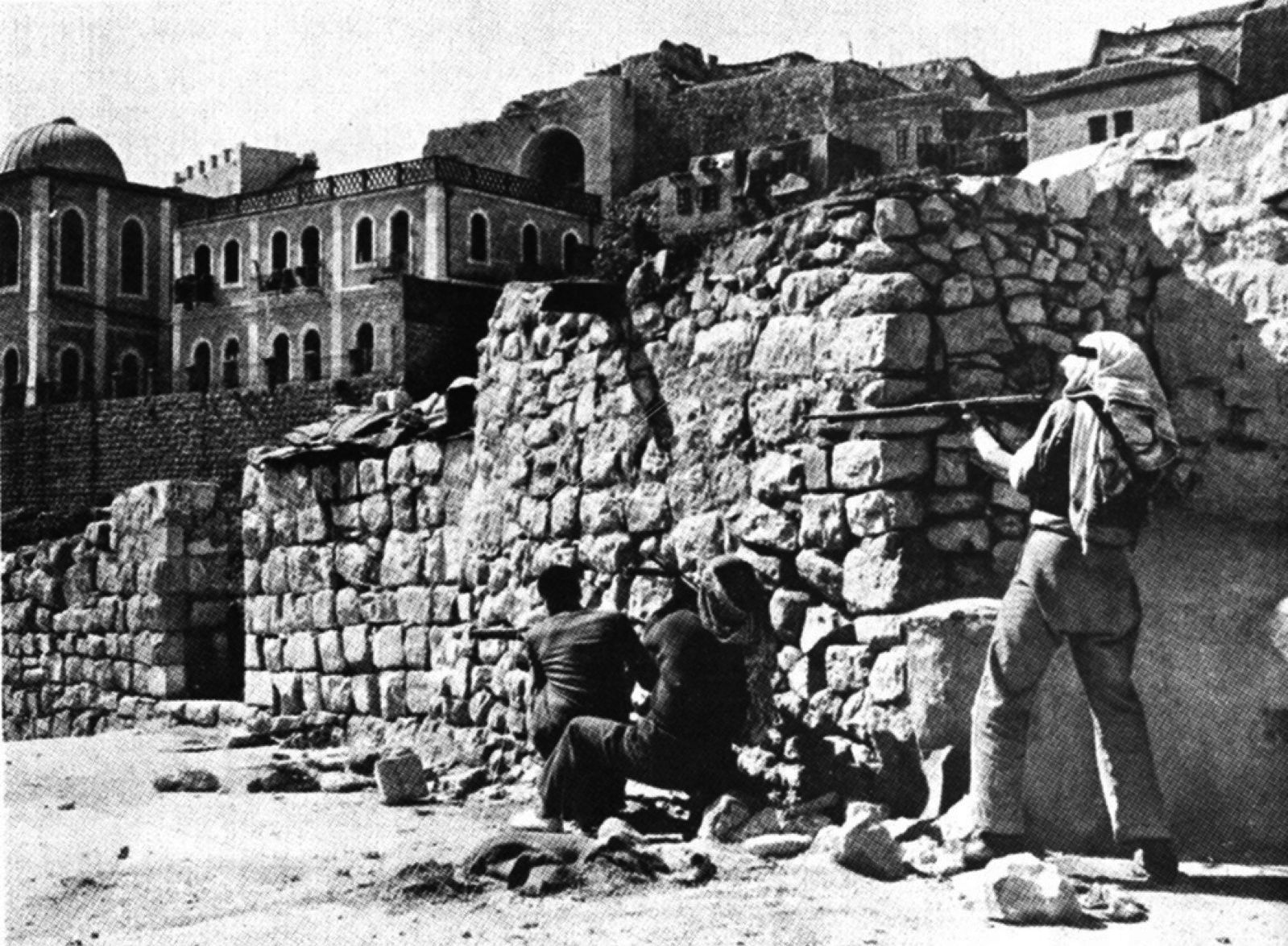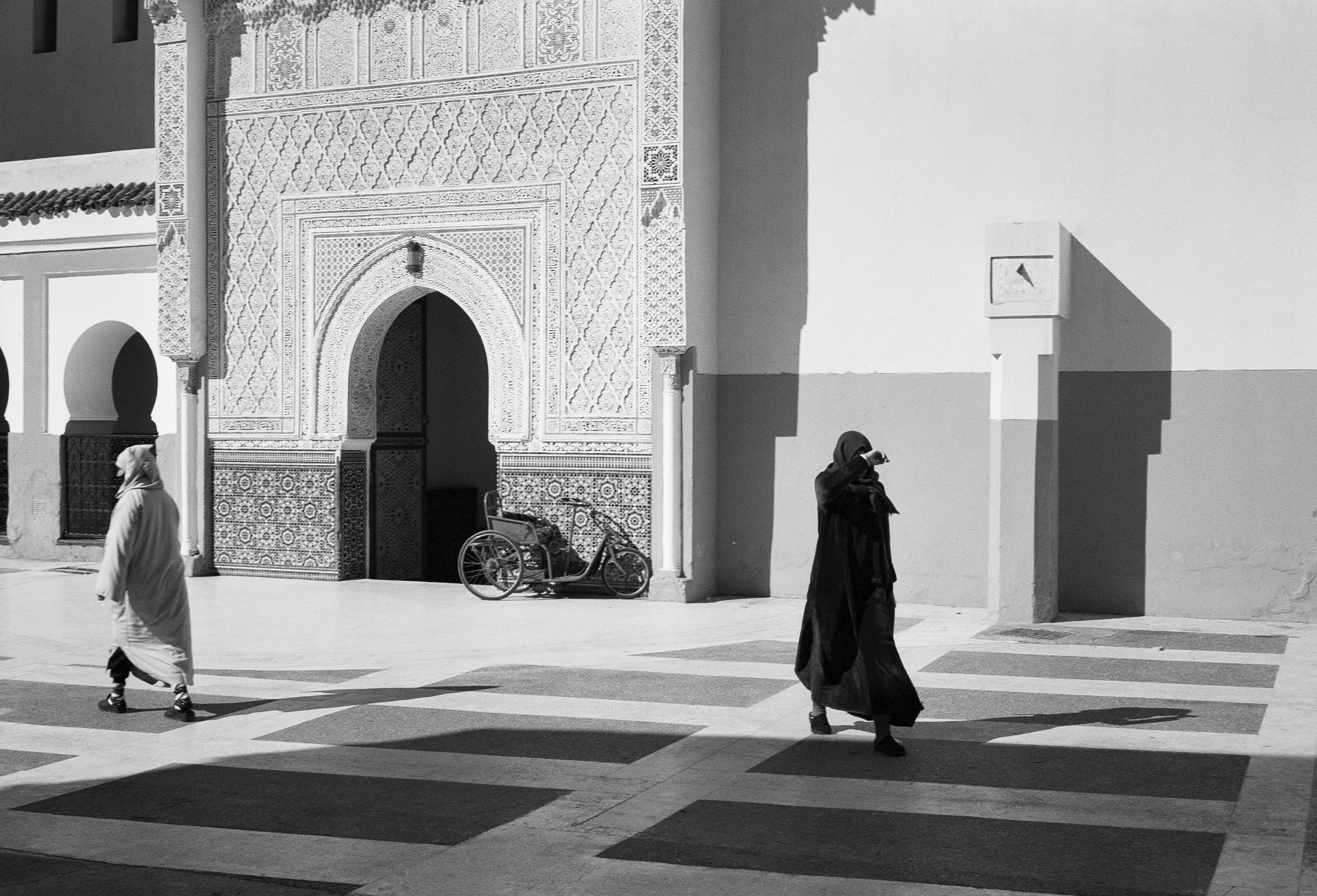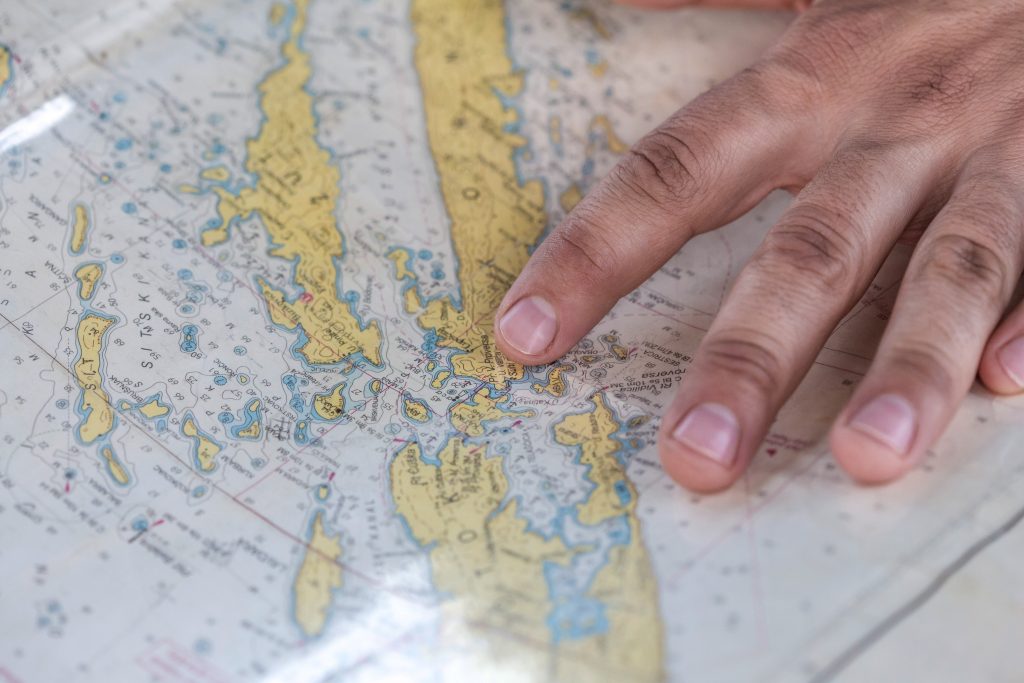Written by Jurek Wötzel, Head Writer
While US and Israeli officials celebrated the opening of the new US embassy in Jerusalem, one of the most violent protests of the past years took place a few dozen miles away, in Palestine. It was part of a greater wave of protests this year in relation to the March of Return. Palestinian officials say that in the past seven weeks, about 100 have been killed by the Israeli Defense Forces and a few thousand injured. Now, Palestinians have asked for an official ICC investigation into the occurrences at the Israeli border since 2014.
At the subsequent UN Human Rights Council session, Spain, Belgium and Slovenia voted together with 26 other countries in favor of the investigation, while 14 countries abstained, among them Germany and Britain. Only Australia and the United States voted against. Israel’s reaction to this was to immediately summon the Belgian, Spanish and Slovenian ambassadors to the foreign ministry.
In the West, the political divide over the Israel-Palestine conflict runs across the whole political spectrum. From right to left, there is disagreement about the responsibilities of the two conflicting parties, as well as potential peace-building. Staunch Israel defenders argue that Israel must be protected as a refuge for the historically oppressed Jewish people and as the center of stability in the Middle East. Critical voices complain about human rights abuses. Following the recent killings, the UN rapporteur for human rights in occupied Palestine issued a statement asserting that this “blatant excessive use of force […] must come to an end” and that those in charge must be held accountable.
History matters for present-day politics. It gives us a lens through which we can judge the legitimacy of political action. The particular histories of most European countries, involving colonialism and genocide obligate, Europeans to find ways of rehabilitation. In the same line of argumentation, Israel’s present-day politics should be conscious of how the state came about.
The idea of Jewish settlement in Palestine was an essential part of Zionist ideology of the 19th century. It had in part sprung out of the realization that even the liberal turn would not bring about a conflict-free coexistence of the Christian majorities and Jewish minorities in Europe. Theodor Herzl in 1896 formulated this idea in his work “Der Judenstaat” (“The Jewish State”) and became the main figure of the movement. Thus, the seeds of eventual Jewish settlement in Palestine were planted at the end of the 19th century. Under the influence of British Zionist lobbyists, the British first promised Palestinian land to Jewish settlers in the 1917 Balfour declaration. In 1922, Palestine fell under British rule as a result of a League of Nations agreement the British Mandate for Palestine. Subsequently, the imperial rulers facilitated Jewish settlement in Palestine, causing the social fabric to change drastically: in 1918, 10% of the population residing in Palestinian lands was Jewish, by 1945, it was 30%.
During the British mandate, Jewish settlers, the ‘Yishuv,’ were increasingly given more rights to self-determination. Roads, schools, and hospitals were built in previously uncultivated, desert-like lands. The increase of Jewish presence both in numbers and quality was often met with Arab violence. Groups of Jews were massacred, shops were looted, property destroyed, finally culminating in the Arab revolt of 1936.
The reaction of the British was to put an end to Jewish immigration – at a time when the Nazis started mass persecution of Jews in Germany. In Palestine, extreme Jewish nationalist underground militias such as the Lehi and Irgun gained influence, demonstrating increasing Zionist radicalization. Several attacks on British officials, and the bombing of the King-David Hotel in 1946, killing 91, led the British to give up on Palestine.

Photo by Rob Bye
The 40s were a decade that made history. Freshly founded following the end of WWII, the UN was charged with solving the civil conflict in Palestine and in resolution 181 it split the territory into a Palestinian and an Israeli part. For Europeans, a Jewish-majority state seemed to be the perfect way to finally emancipate the Jewish people, centuries of anti-semitic persecution had culminated in the annihilation of six million Jews by the Nazis. In 1948, when the British had fully retreated, Israel declared its independence and an Arab coalition of six states immediately declared war.
During the first Arab-Israeli war, al-nakba (the catastrophe) saw a mass exodus of Palestinians. 700,000 Palestinians fled because they were dispelled or wanted to escape the violence. An important trigger: the extreme brutality of the Irgun and Lehi, or Stern Gang, which were obsessively anti-Arab. In the infamous Deir Yassin massacre, for instance, about 100 Palestinian civilians were killed, raped, and cut into body parts. Since then, the UN officially demands Israel to grant these Palestinians the right to return to their homes, which has not yet been realized even to this day. At the time of al-nakba, Anti-Jewish violence in other Arab states led to the immigration of roughly 750,000 Jews to Israel.
Israel finally won the war with the support of both the US and the Soviet Union, extending its 1947 borders by taking roughly 40% of the designated Palestinian lands. This resulted in a massive growth of anti-semitism in the Arab world.
The Zionist project was not destined to result in the violent ouster of Palestinians. Early settlement in uncultivated lands was not bound to create conflict. In fact, many Zionists believed in the possibility to share the land and live at peace with the Arab neighbors. Extreme views as they were held by Irgun and Lehi were not the norm. And before the 1970s, Israeli governments tended to condemn further settlement in Palestinian lands. But when the right-wing Likud party, which Netanyahu is currently chairman of, came to power, all this changed. It has continuously dominated. Israeli politics and has supported the push of ultra-orthodox Jews to further settle in the West Bank.
Likud is far away from appropriate historical awareness. Settlements into Palestinian land are continuing, and the opening of the US embassy demonstrates further consolidation of the purely Jewish character of the area. In Israeli political discourse, it is emphasized that Israel ought to remain a Jewish-majority state – defying potential Palestinian emancipation at its root.
Even worse are the apartheid-like conditions in which the Palestinians find themselves. Palestinians occupy a second-class citizen position, not even having Israeli nationality. Human Rights Watch criticizes the preferential treatment of Israelis in the West Bank as well as the restriction of movement of people and goods in and out of the Gaza strip. Palestinians face employment barriers, travel bans, significantly worse access to education, and social discrimination. In addition, forced displacement continues as Israelis are further settling in Palestinian territory with the help of the Israeli government. Approximately 600 people have been displaced in the West Bank in 2017 alone.
Israel’s government officials defend their treatment of Palestinians by pointing out the anti-semitism of Hamas and other Palestinian movements. Hamas is openly anti-semitic in that it suspects a Jewish world conspiracy and has called for killing Jews worldwide. Often, reports of Palestinians wanting to simply do “Whatever is possible, to kill, throw stones” appear in Western newspapers. Radical Palestinian organizations also regularly fire rockets into the Israeli mainland, which are mostly ineffectual because of the Iron Dome defense system, but this gives rise to the impression that Israel is constantly under attack and is solely acting in its right of self-defense.
Yet, no state’s right to self-defense justifies human rights breaches as are happening in Israel. Indeed, next to open Palestinian hostility, Israel is also still officially at war with many Arab countries, only Egypt, Jordan, and just recently Saudi-Arabia have agreed on peace treaties. As the US, Russia or China must be criticized for their rights violations, so must be Israel. As Britain, France, Germany, the Netherlands, Spain, the United States, Turkey, you name it, must learn to deal with their violent histories, so must Israel. And it must do so soon, since that violent history is not over yet, but still expresses itself every day.














